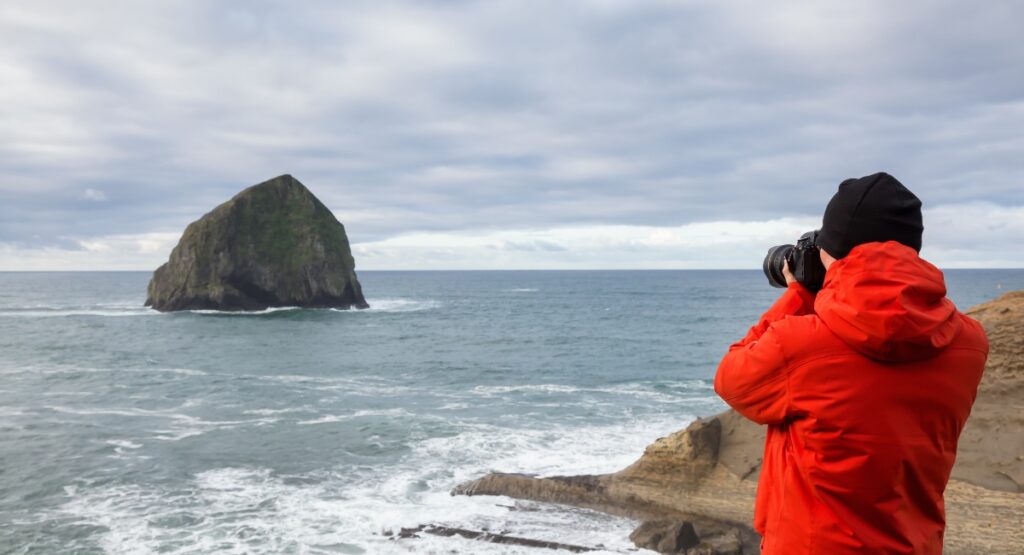China’s Giant Panda No Longer Endangered
Thanks to decades of committed conservation efforts, China’s Giant Panda has been downgraded from the ‘Endangered’ to ‘Vulnerable’ classification. The wild panda population jumped from 1596 in 2004, to 1,864 in 2014 (+17%), benefitting directly from the work by Chinese agencies to enforce poaching bans and expand forest reserves.
The International Union for Conservation of Nature said in a report released on Sept. 4, that the panda is now classified as a “vulnerable” instead of “endangered” species, reflecting growing numbers in the wild in southern China.

It’s not all great news however, the report warned, that although improved forest protocols have helped increase panda numbers, climate change is predicted to decimate more than 35 per cent of natural bamboo habitat by 2100.
In a statement to The Associated Press, China’s State Forestry Administration said Monday that it disputed the classification change because pandas’ natural habitats have been fractured by natural and human causes.
The forestry administration releases a statement saying “If we downgrade their conservation status, or neglect or relax our conservation work, the populations and habitats of giant pandas could still suffer irreversible loss and our achievements would be quickly lost,” adding “Therefore, we’re not being alarmist by continuing to emphasize the panda species’ endangered status.”
Even still, animal and environmental conservation groups alike praised the recovery of the wild panda citing is as proof that conservation efforts do work. The World Wildlife Fund celebrated the panda’s re-classification, saying it shows that aggressive investment in conservation yields results “when science, political will and engagement of local communities come together.”
If you’re interested in seeing China’s wild panda first hand, we recommend you do so with responsible tour operators, like Natural Habitat Adventures, the WWF Conservation Travel Partner.



